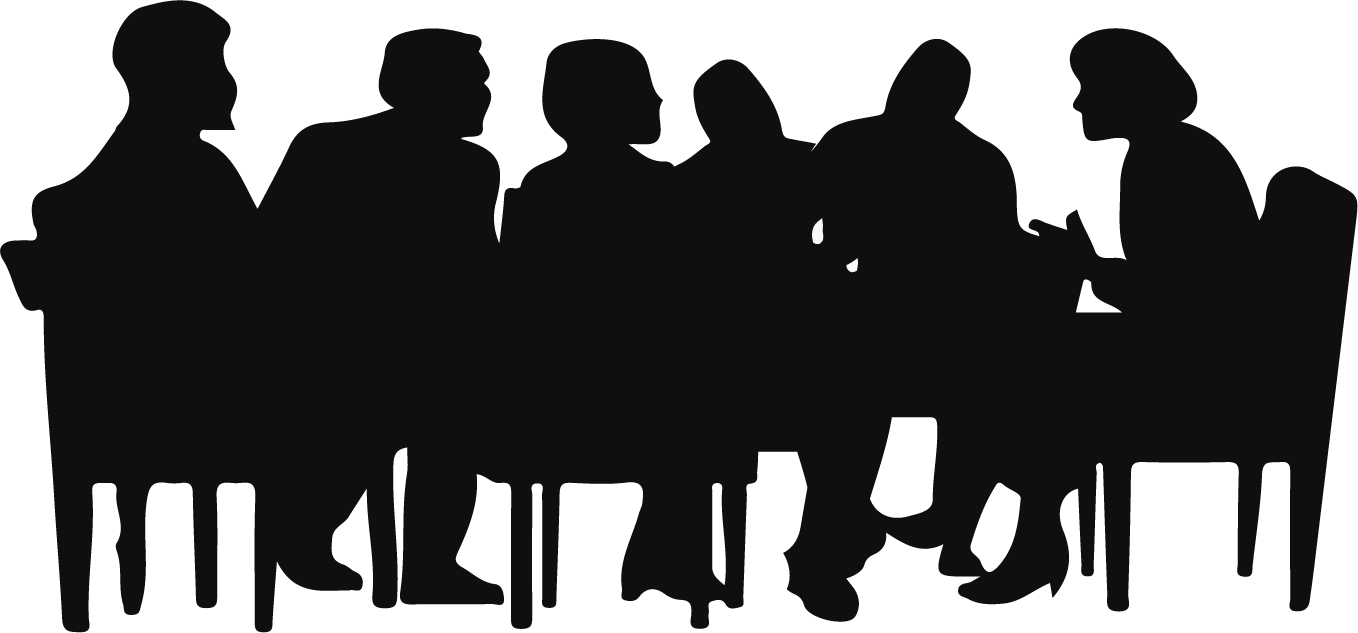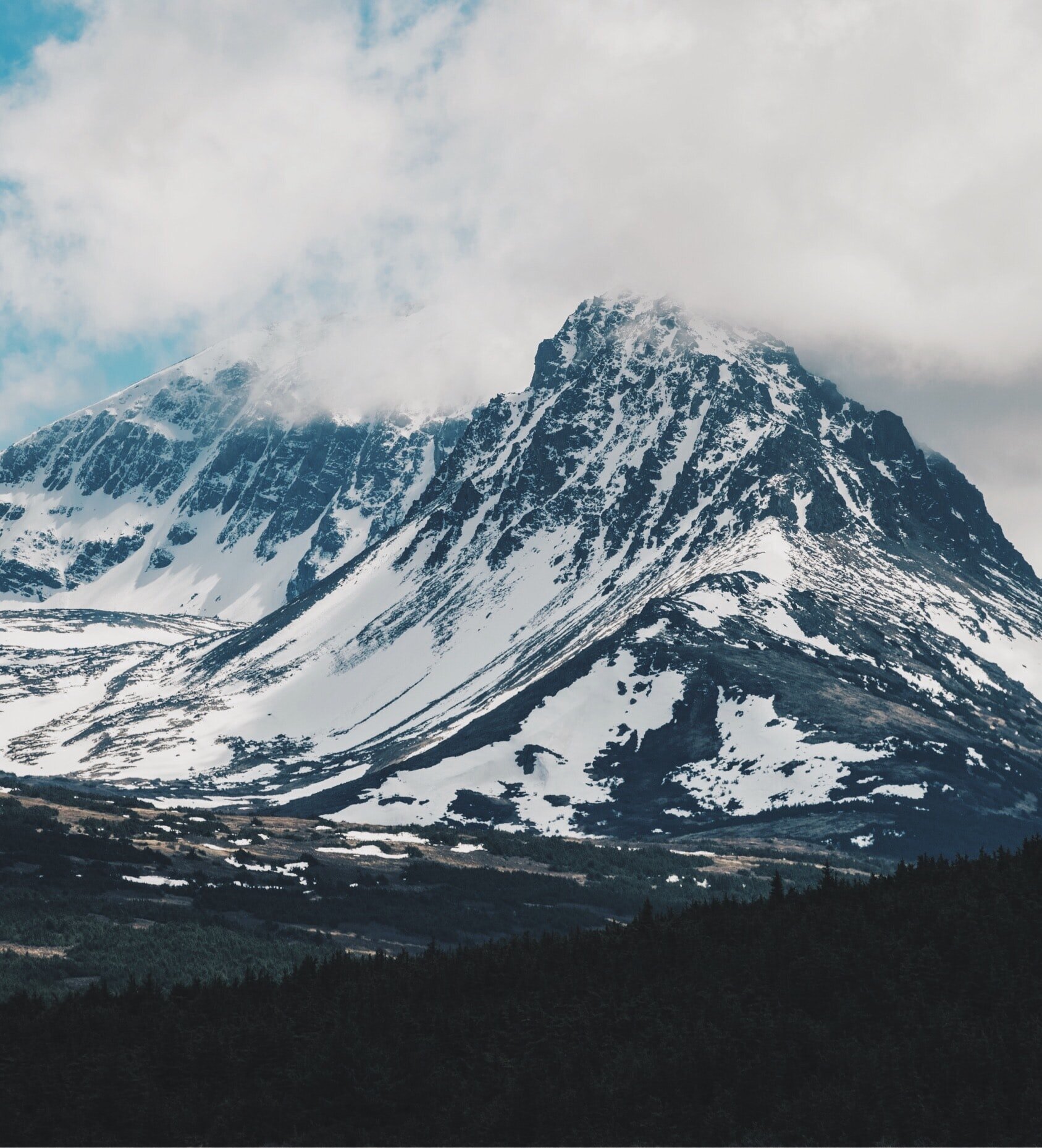NGOs and other Organizations Mobilizing to help First Nation Communities Hard Hit by Covid-19
Photo Credit © Cory Gazaille on Unsplash
Isolation, poor communications and medical assistance deserts are all nightmare scenarios in the context of a pandemic like Covid-19. On many reservations there is a scarcity of water and few sources of clean water. Communities in many remote parts of Alaska can be accessed only by small planes, and these places rarely have a clinic nearby. [FN1] On top of all this, large segments of these populations are especially vulnerable to Covid-19 and its variants due to the frequent presence of comorbidities and poor nutrition. One academic suggests that history has created the conditions that “makes the virus a non-equal opportunity killer.” [FN2] Below are four examples of non-profit organizations tirelessly helping make up for the poor communications, difficult winter access to food, and the efforts to get testing and inoculation to patients, despite the medical deserts
Partnership with Native Americans (PWNA)
Partnership with Native Americans (PWNA) is a 501c3 nonprofit committed to championing hope for a brighter future for Native Americans living on remote and impoverished reservations. It has a three-star rating from Charity Navigator and its accountability and transparency rating is 97%. Its vast network of First Nation partners has been operating for 30 years and is involved in multiple forms of support for Native American communities on reservations. Because low food security is an everyday issue on the reservations PWNA serves, nutrition-related disease rates are high. Contaminated drinking water is also an issue in many of the communities they serve. Another issue is that food banks often do not have sufficient stocks of foodstuff in the reservation service areas. In addition to addressing more immediate food security needs, native-managed NGO networks such as PWNA are also creating longer-term food solutions such as training community Elders, families and other community groups on how to create vegetable-growing plots to counter food insecurity.
PWNA is based in Texas but its network of partners extends through the reservations in Montana, North Dakota, South Dakota, Nebraska, Colorado, Utah and California. PWNA is a member of National Voluntary Organizations Active in Disaster (VOAD), a national forum “where organizations share knowledge and resources throughout the disaster cycle” — preparation, disaster relief/response, recovery and mitigation — to support community readiness and navigation of disasters. The National VOAD coalition includes 50 of America’s most reputable organizations, 55 state/territory VOADS representing local and regional interests, and other members. PWNA is also a first responder for the reservations, often acting in concert with the American Red Cross and other state or national VOAD members. [FN3]
Many Native American communities that have locked down due to the spread of COVID-19 (i.e. Rosebud, Pine Ridge, Cheyenne River, Northern Cheyenne and Navajo) are experiencing severe shortages of food, water, toilet paper, sanitizer and other essentials. While PWNA drivers are working overtime to ensure that vital supplies get to those in need, the requests are coming so fast that PWNA needs to replenish its stock (and is urgently seeking donations to do so). To donate, please go to this link: https://secure2.convio.net/nrcst/site/Donation2;
The Native American Heritage Association (NAHA)
The Native American Heritage Association (NAHA) is dedicated to helping Native Americans living on the tribal reservations in South Dakota. The state of South Dakota is home to some of America's most scenic landscapes, the Badlands, and also the home of the poorest people in our nation. NAHA supports the Sioux people through medical, food, fuel, and clothing programs. It has been operating since 1993. During 2020 (according to data published towards the end of September 2020) NAHA delivered close to 3 million pounds of food with a value of close to $3.5 million, along with almost 54,000 pounds of clothing to the needy communities of Crow Creek and Pine Ridge. The organization has been awarded four stars by Charity navigator. To donate, please go to https://www.naha-inc.org/donate/
Aleutian Pribilof Islands Association (APIA)
The Aleutian Pribilof Islands Association (APIA) was chartered in 1976 as a non-profit corporation in the State of Alaska for the Aleutian Island communities of Aleut (or more correctly, the Unangan/Unangas ). APIA contracts with federal, state and local governments and secures private funding to offer a wide array of services throughout the region (including health, education, social, psychological, employment and vocational training, and public safety services). APIA is a federally recognized tribal organization. [FN4] Registered members are offered a rich mix of activities, development tools and forms of assistance. Among these are cash assistance, primary health care, traditional food education for preschoolers and advisory on Covid-19. APIA typically runs several clinics and wellness centers for member-clients. Many of these, however, have recently been transformed into COVID-19 testing centers as the organization continues to stress prevention.
APIA does not get involved with direct food donation but offers emergency financing for its constituents including cash for food, clothing or shelter. This support is available to American Indians and Alaska Natives alike. To donate, please go to https://www.apiai.org/fundraisers/.
Alaska Covid-19 Response Fund @ Alaska Community Foundation
The Alaska Community Foundation (ACF) and United Way of Anchorage have partnered with Rasmuson Foundation to create a centralized community assistance platform where donors can work together to help aid Alaska’s recovery from COVID-19. Established in 1995, ACF sustains all forms of philanthropy to strengthen Alaska’s communities and works with affiliates in different parts of Alaska. It is classified as a 501(c)(3) organization Community Foundation (CF). The idea of CFs is to pool together the financial resources of individuals, families and companies in order to generate sustainable and permanent financial assets to support charitable activities and local nonprofits. ACF has an Encompass rating from Charity Navigator and scores 100% for finance and accountability.
The principal hunger-related fund under the ACF umbrella is the Fairbanks Community Food Bank Fund (FCFBF) whose mission is to collect surplus food and give it to people in “Interior Alaska” who seek food assistance. It was initiated during the severe 1982 re cession. The organization manned mostly by volunteers typically collects 2-5 tons of surplus food each day, and over the past year has mounted a new operation of converting surplus food into 350,000 meals. Their goal is “to prevent anyone going to bed hungry in the Tanana Valley.” To donate to FCFBF, please click here https://alaskacf.fcsuite.com/erp/donate/create?funit_id=1264
Resources
1. These resources were collected from public websites and while we have noted institutional ratings where available, this does not constitute a recommendation.
2. Professor of American Studies at the University of New Mexico, Jennifer Nez Denetdale calls herself a “historian of my own (Navaho/Diné) people”. For her profile, see americanstudies.unm.edu/about-us/people/faculty-profiles/Jennifer-nez-denetdale.html. During a recent webinar, Professor Denetdale mentioned that during the first wave of Covid-19 in the US, 50 percent of all deaths were First Nation people.
3. In terms of what PWNA calls its “Immediate Material Services” managed with their partners, the breakdown for 2018 was healthcare, serving 213,700 people with services costing $11.86 million; food and drinking water delivered to 68,500 (which of course under Covid-19 conditions will be much higher) costing $2.10 million, education services for 27,500 students with costs of $1.93 million, holiday support (special events meals for Christmas, Easter, etc.) for 39,500 people at a cost of $4.15 million; animal welfare support (help with livestock and pets during owner illness, etc.) helped 20,400 individuals at a cost of $197,855; and Emergency services for 32,000 people with an outlay of $3.02 million. NGOs such as PWNA assist food bank partners across dozens of reservations.
4. APIA is governed by a board of 13 people from many parts of the Aleutian Islands and they each serve for three years.

